Earth
Sign up for our newsletter
We summarize the week's scientific breakthroughs every Thursday.
-
 Animals
AnimalsHumpback whales use their flippers and bubble ‘nets’ to catch fish
A study reveals new details of how humpback whales hunt using their flippers and a whirl of bubbles to capture fish.
By Sofie Bates -
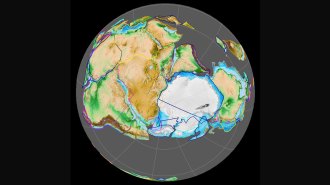 Earth
Earth50 years ago, an Antarctic fossil pointed to Gondwanaland’s existence
Fifty years ago, fossils from Antarctica helped seal the deal that the southern continents were once connected in one, giant landmass called Gondwanaland.
-
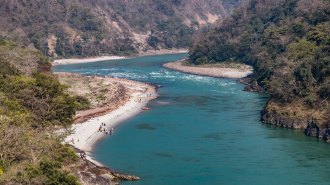 Earth
EarthToo much groundwater pumping is draining many of the world’s rivers
Too much groundwater use could push over half of pumped watersheds past an ecological tipping point by 2050, compromising aquatic ecosystems worldwide.
-
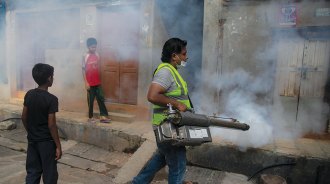 Humans
HumansNepal is reeling from an unprecedented dengue outbreak
As climate change opens new regions to mosquitoes, Nepal suffers an outbreak of the painful viral disease that has sickened more than 9,000 people.
-
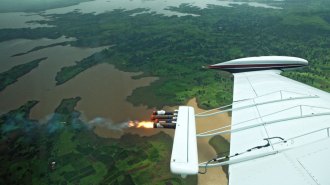 Climate
ClimateIn a climate crisis, is geoengineering worth the risks?
Some scientists say the world needs to reconsider some human-made ideas to cool the climate as dire warnings about the looming crisis ramp up.
-
 Science & Society
Science & SocietyThis year’s SN 10 enjoy the journey, not just the discovery
Meet 10 young researchers who combine persistence and passion to make headway on science’s big questions.
-
 Climate
ClimateAbigail Swann’s alternate Earths show how plants shape climate
Abigail Swann's studies reveal that water vapor from forests can affect drought patterns a hemisphere away.
By Susan Milius -
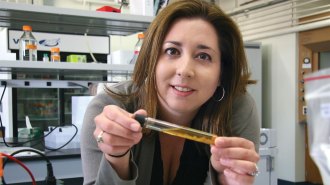 Life
LifeMichelle O’Malley seeks greener chemistry through elusive fungi
Michelle O’Malley studies anaerobic gut fungi, microbes that could help make chemicals and fuels from sustainable sources.
-
 Climate
ClimateMalin Pinsky seeks to explain how climate change alters ocean life
As global temperatures rise, Malin Pinsky’s research attempts to understand how marine ecosystems are changing and why.
-
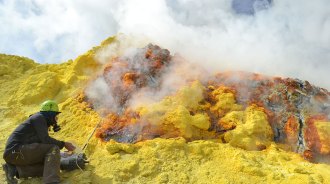 Earth
EarthHere’s where Earth stores its carbon
Most of Earth’s carbon is stored inside the planet. But giant lava outflows and now humans have released huge amounts of carbon into the atmosphere.
-
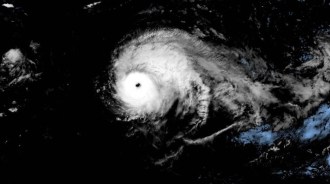 Earth
EarthHurricane Lorenzo hit Category 5 farther east than any other storm
Lorenzo reached category 5 status on September 28, making it the northern-most and eastern-most category 5 hurricane ever recorded in the Atlantic.
By Sofie Bates -
 Climate
ClimateIPCC report warns of a bleak future for oceans and frozen regions under climate change
A new IPCC report offers dire warnings about how climate change is altering oceans, the polar regions and the high snowy mountains.